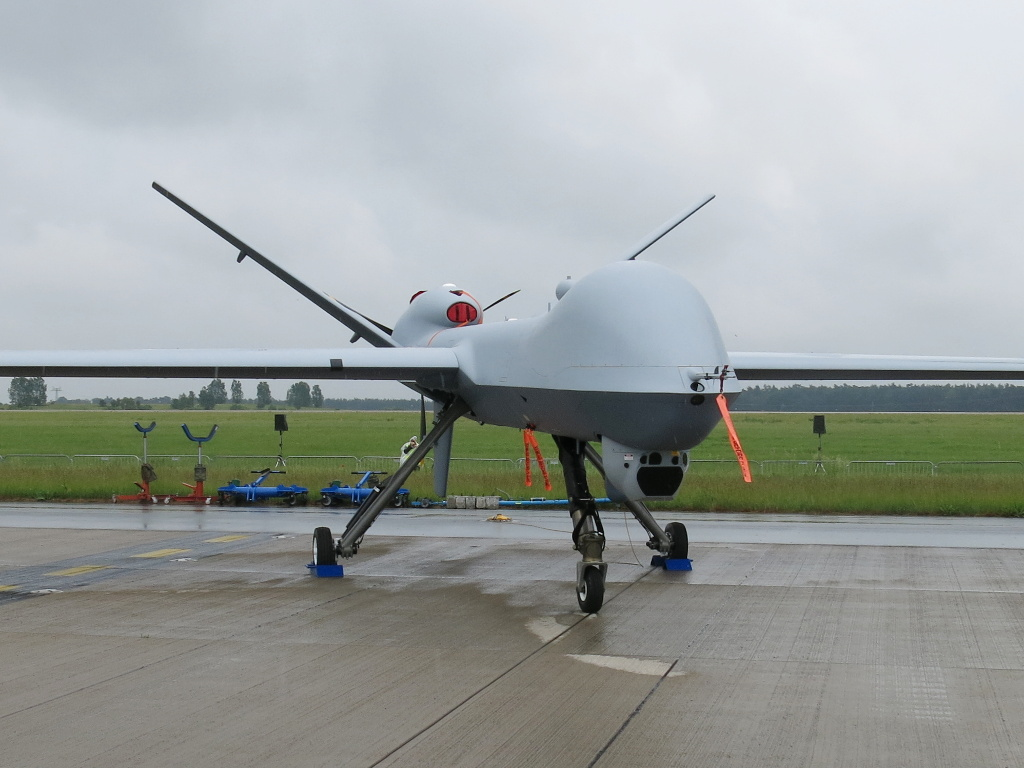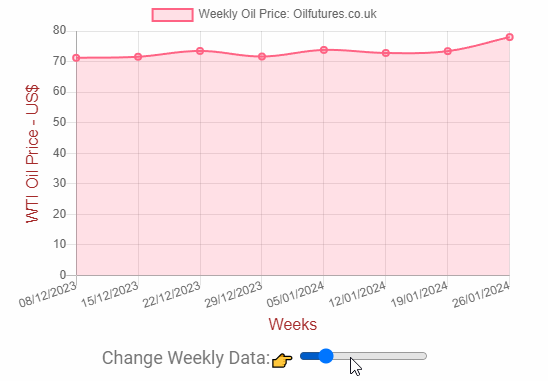 |
| Kamikaze drone attack on the US troops |
The conflict in the Middle East shows no sign of abating at present. The drone attack on an American military base on the Jordanian-Syrian border, by an Iran-funded Shia group from Iraq, is going to make things turn ugly in the next few days as the CENTCOM - United States Central Command - announced three American servicemen died and scores were injured on Saturday.
The Kamikaze drone, most probably produced in Iran, was a lucky hit. In Iraq they were brought down by the US Patriot missile system, when the US bases were under constant attack. The US, in retaliation, targeted the masterminds in Iraq and assassinated with the Predator drones in the past few months.
 |
| US Predator drone: Image Credit - Wikimedia Commons |
The targeted killing of Shia militants on the Iraqi soil has already left the Iraqi government in a precarious position; it demanded that the US troops leave the country much sooner than they mutually agreed upon in principle years ago.
The US justifies its presence by highlighting the need of keeping the ISIS at bay. The Iraqi authorities, however, are sandwiched between the regional loyalty to Iran and its dependence on the US for military and other assistance.
On another front, the Houthis from Yemen, meanwhile, have been attacking the tankers and container ships of the US, UK and of course, Israel. Despite the bombing raids by the US and UK, the Houthis still target the ships that in turn has led to the spikes in insurance premiums and transport costs. The rising oil and gas prices clearly reflect the dangers and anxieties of the major shipping companies while sailing in the Red Sea.
As of 18:00 GMT on Friday, the price of WTI, Brent and LNG, liquified natural gas, stood at $78.01, $83.01 and $2.71 respectively; there was about 6% rise in price of oil on Friday.
 |
| Oil price on Friday at 18:00 GMT: www.oilfutures.co.uk |
That means, when the markets open for business on Monday, the prices are going to go up again on account of the latest escalation involving the drone attack on the US base in Jordan.
Of course, the US will retaliate by targeting the militant group in Iraq, while driving yet another wedge between the US and Iraqi authorities. The responses of this nature, however, are not going to solve the problem even in the short-term, judging by the recent tit-for- tat attacks.
The price of crude oil and gas had been falling in the past few weeks and its positive impact could be seen on the economic front; the monthly inflation figures, based on the CPI - Consumer Price Index - showed a downward trend in the UK. If the rises in oil and gas prices are not contained, it will be back in the familiar territory in the post-Covid era and cause market mayhem again.
 |
| Rise in oil prices: www.oilfutures.co.uk |
In another development, a British warship brought down a drone fired at a tanker by the Houthi rebels from Yemen on Sunday. The challenge, as far the Western military alliance is concerned is not about the vulnerability or ability to shoot the missiles and drones down; on the contrary, it is the sheer cost of firing these expensive missiles, each of which could potentially cost millions of dollars when the target in question may be worth a few thousands dollars - at most.
That means an understandable dilemma hovers over the military planners when it comes to keeping the aerial threats, both against their military assets and of course, commercial shipping, to a minimum, as they know elimination them completely is next to impossible in the context of the current geo-political developments.
The fact that the Western military alliance contemplate military options imply that the negotiations involving various diplomatic channels in addressing the issue have not produced any tangible solution to the problem.
It worries all the stakeholders, ranging from shipping companies to investors to their core, especially when there is not even a shadow of a solutions appearing on the horizon at present.






